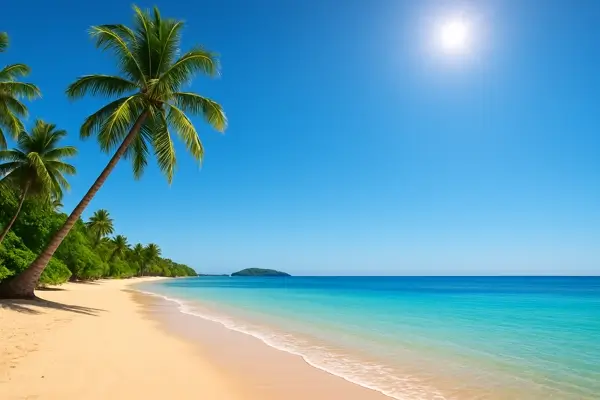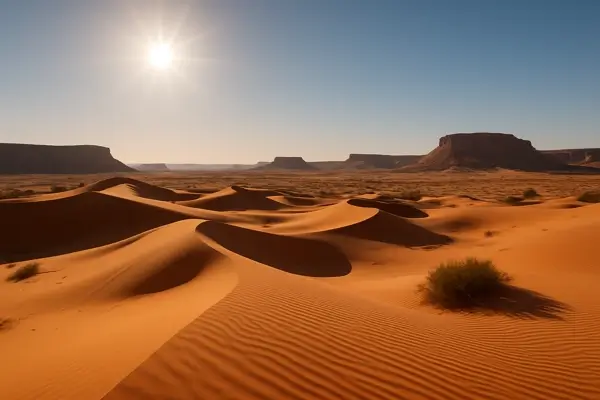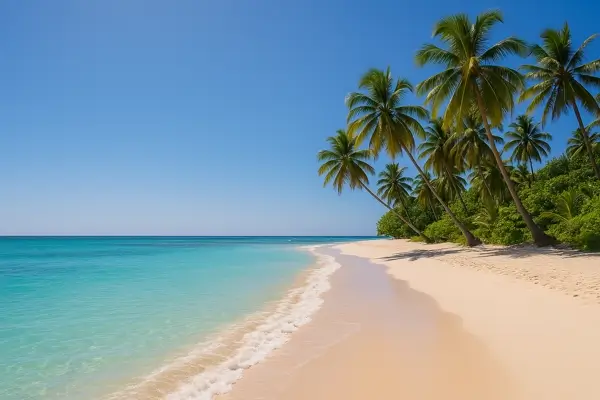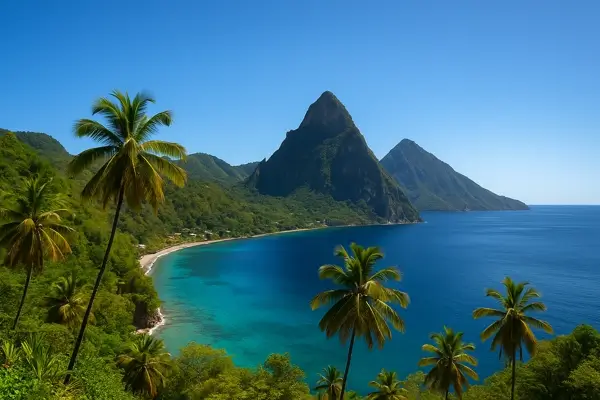
Island Nation
Fiji is an island country in the South Pacific Ocean, made up of more than 330 islands, of which 110 are inhabited. The two main islands are Viti Levu and Vanua Levu.
A Diverse Culture
Fiji has a rich cultural heritage that blends Melanesian, Polynesian, and Indian influences. The country is known for its vibrant festivals, dances, music, and traditional arts, such as meke (traditional dance) and lali (wooden drums).
Fiji's Capital: Suva
Suva, located on Viti Levu, is the capital and largest city in Fiji. It serves as the political, economic, and cultural center of the country and is known for its colonial architecture and vibrant waterfront.
Famous for Its Coral Reefs
Fiji is renowned for its stunning coral reefs and marine biodiversity, making it a top destination for scuba diving and snorkeling. The Great Sea Reef is the third-largest barrier reef in the world.
Famous for Rugby
Rugby is the most popular sport in Fiji, and the country has a strong national team known for its exciting playing style. Fiji won the Rugby Sevens World Cup multiple times and is a dominant force in Rugby Sevens.
First Country to Ratify the Paris Climate Agreement
Fiji became the first small island nation to preside over the United Nations Climate Change Conference (COP23) and is committed to addressing climate change and protecting the environment.
Beautiful Beaches and Tourist Destination
Fiji is famous for its pristine beaches, crystal-clear waters, and lush tropical landscapes. It is a popular destination for honeymooners and eco-tourists, offering everything from luxury resorts to outdoor adventures.
Traditional Food and Drink
Kava (a drink made from the root of the kava plant) is a significant part of Fijian culture, often consumed during ceremonial rituals. Traditional Fijian cuisine includes palusami (taro leaves cooked in coconut milk) and kokoda (raw fish marinated in coconut milk and lime).
Independence and Colonial History
Fiji gained independence from Britain in 1970, after being a British colony since 1874. The country’s history includes a blend of indigenous Fijian traditions and colonial influences, which are reflected in its culture.
Unique Languages
Fiji has three official languages: English, Fijian, and Hindustani (often referred to as Fiji Hindi). English is the main language for official and business purposes, while Fijian and Fiji Hindi are widely spoken by the population.



